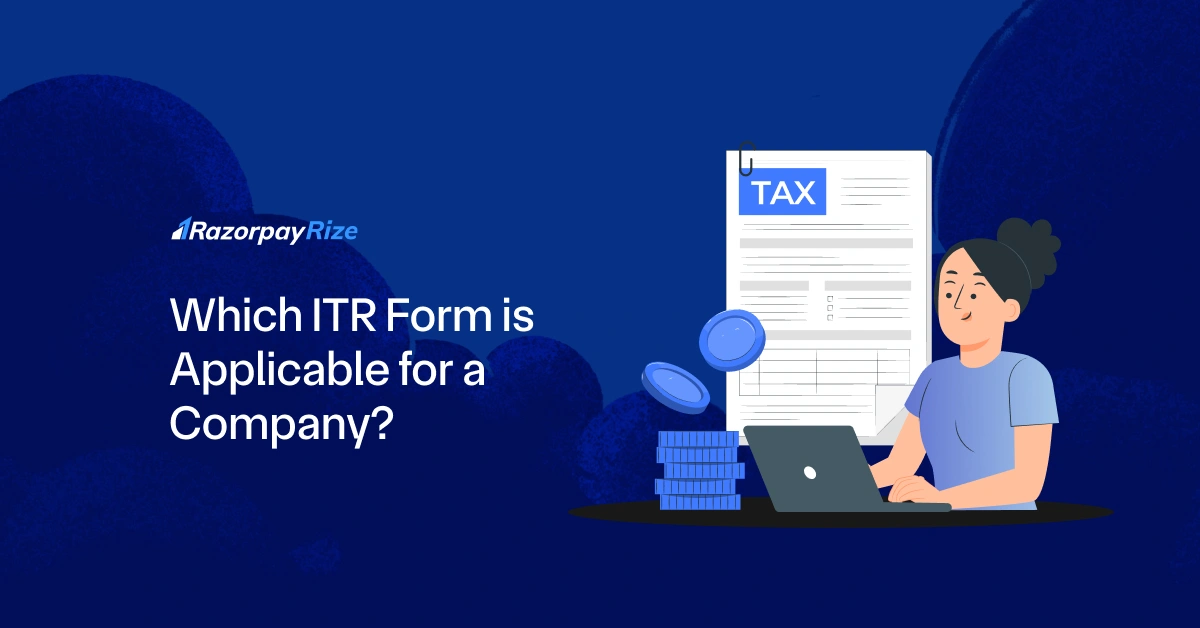SAMRIDH or Startup Accelerators of MeitY for Product Innovation, Development, and Growth, launched by the Ministry of Electronics and IT, aims to provide funding and acceleration to startups, predominantly software startups.
The investment is extensively for brilliant solutions and proof of concepts through selected accelerators. The selected accelerators are responsible for providing a customized acceleration program for 300 selected startups.

Table of Contents
Features of SAMRIDH Scheme

- The SAMRIDH scheme provides your startup which already has brilliant solutions and proof of concept for their product, better facilities to enhance the product using innovative technologies for the market with a solid business plan.
- The scheme provides a platform to enhance your products and secure investment for scaling your business.
- Once your startup gains traction, there is a gap in accessing the growth stage funding to scale up the operations,and the scheme is filling up this gap for startups.
- The scheme supports existing and upcoming Accelerators to select and accelerate potential IT-based startups to scale to solve India's problems and create positive social impact.
Eligibility for SAMRIDH Scheme
For Startups
- Must be recognized by DPIIT.
- Must be in the Early-growth stage.
- The product of the startup must be software-based.
For Accelerators
- Must have operations in India.
- Must have been in the business of incubation for more than three years and supported more than 50 startups.
- Must have the required infrastructure and targeted acceleration programs.
Application procedure for Startups
The application procedure primarily comprises the following steps:
- Visit https://meitystartuphub.in.
- On the homepage, click on “Register” under the Startup section.
- The registration page will appear. Fill in all the requisite details and click on the “Submit” button.
- Following registration, one can "log in" to the page for further access by filling in the username and password.
Benefits of SAMRIDH
- This scheme provides a platform for product development and business scaling in terms of investment.
- To provide customer connect, investor connect, and international connect services.
- Up to Rs 40 lakh will be provided to the startups according to their current valuation and growth stage through accelerators..
- Customized acceleration programs for startups and provided product and capacity enhancement services.
Post-Selection Process for SAMRIDH Scheme
The MeitY SAMRIDH Scheme will be implemented through the MeitY Startup Hub (MSH). The selected Accelerator will be responsible for developing personalized acceleration programmes, and the budget for each startup is Rs. 2 lakh.
The services include- Co-learning, networking, expert diagnosis, and negotiation of investment funding from Angel Investors. A maximum of 10 businesses and a minimum of 5 startups working in the sphere of software products can be helped by a shortlisted accelerator.
MSH will take equity in startups for the government's contribution via Promissory/SAFE Note, the same as Accelerator, which will be utilized to sustain the program.The startup's exit may be executed by MSH or its appointed entity holding the company's equity, subject to approval from SMC. Biannual assessments of startups within the portfolio will be conducted, and the resulting reports will inform decisions regarding exiting from the startup.
Frequently Asked Questions
Private Limited Company
(Pvt. Ltd.)
- Service-based businesses
- Businesses looking to issue shares
- Businesses seeking investment through equity-based funding
Limited Liability Partnership
(LLP)
- Professional services
- Firms seeking any capital contribution from Partners
- Firms sharing resources with limited liability
One Person Company
(OPC)
- Freelancers, Small-scale businesses
- Businesses looking for minimal compliance
- Businesses looking for single-ownership
Private Limited Company
(Pvt. Ltd.)
- Service-based businesses
- Businesses looking to issue shares
- Businesses seeking investment through equity-based funding
One Person Company
(OPC)
- Freelancers, Small-scale businesses
- Businesses looking for minimal compliance
- Businesses looking for single-ownership
Private Limited Company
(Pvt. Ltd.)
- Service-based businesses
- Businesses looking to issue shares
- Businesses seeking investment through equity-based funding
Limited Liability Partnership
(LLP)
- Professional services
- Firms seeking any capital contribution from Partners
- Firms sharing resources with limited liability
Frequently Asked Questions
What documents are required to apply for the SAMRIDH Scheme?
The documentation requirements may vary depending on the lending institution, but generally, applicants need to provide identity proof, address proof, income proof, and business-related documents.
What are the key benefits of the SAMRIDH Scheme?
The key benefits of the SAMRIDH Scheme include financial support, access to investment opportunities, and promotion of entrepreneurship with the help of the accelerators.
Which accelerators are presently part of the Samridh Scheme?
Here is a list of accelerators participating in the Samridh Scheme: Link.








%20to%20LLP%20in%20India.webp)







